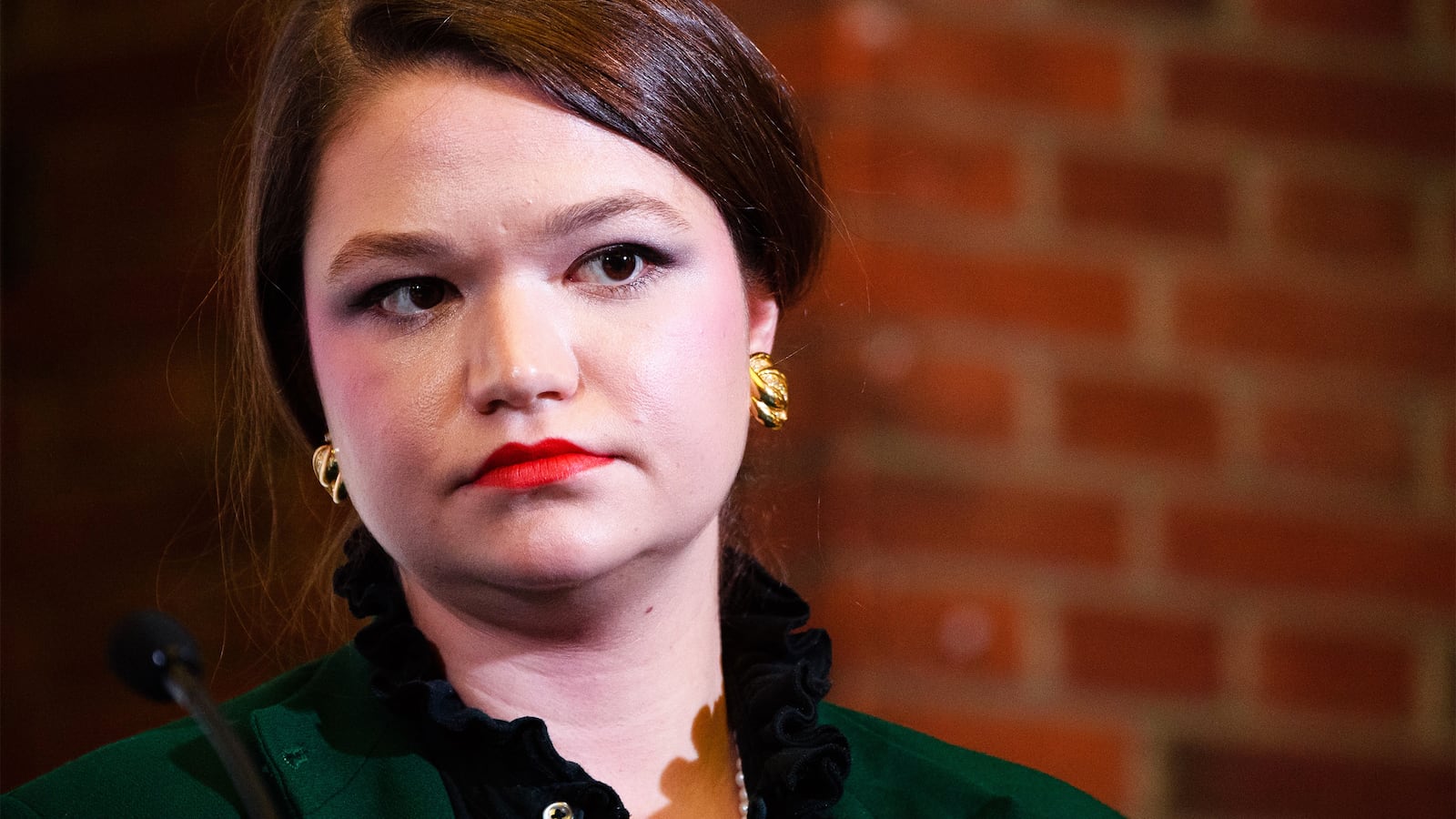Brittany Kaiser, a former employee of Cambridge Analytica, a data firm that worked for President Donald Trump’s campaign, is scheduled to speak with congressional investigators on Thursday morning, according to a source familiar with the plans.
The planned interview is part of the continued investigation by House Intelligence Committee Democrats of potential coordination between the Trump campaign and the Kremlin. Kaiser has already spoken with the Senate Intelligence Committee, according to a source familiar with that meeting.
Reached for comment, Kaiser’s attorney did not dispute this reporting.
“Whomever Brittany is cooperating with, we fully intend to respect the confidentiality of the process to ensure the integrity of the investigations,” her lawyer, Jim Walden, said in a statement. “Whomever is leaking information, whether accurate or not, acts recklessly and is likely motivated by something other than a desire for truth to come out.”
Cambridge Analytica, which is now defunct, obtained the Facebook data of millions of Americans from an app developer who broke the social network’s terms of service. Cambridge Analytica has also generated controversy across the pond when earlier this year, Kaiser told The Guardian that the firm lied about the work it did for the Leave.EU campaign.
Kaiser’s scheduled appearance indicates that Democrats on the House Intelligence Committee are still moving forward on their probe despite their inability to subpoena witnesses. Under the auspices of Chairman Devin Nunes (R-CA), the committee launched a Russia probe last year that quickly devolved into partisan acrimony. Republicans ultimately released a report finding no evidence the Trump campaign cooperated with the Kremlin. Democrats said the probe was shuttered prematurely, and have kept investigating on their own.
Kaiser, who was Cambridge Analytica’s director of business development, has pointedly criticized her former employer. “Why should we make excuses for these people?” she told The Guardian. “Why? I’m so tired of making excuses for old white men. Fucking hell.”
During the campaign, Cambridge Analytica’s then-CEO, Alexander Nix, offered the company’s services to Wikileaks founder Julian Assange. As first reported by The Daily Beast, Nix said privately that he had offered to help Assange disburse Hillary Clinton’s missing emails. Assange confirmed having an exchange with Nix, and said he did not take him up on any offer.
The firm has long drawn criticism and scrutiny—both from many Republican political operatives, who have said privately for years that its offerings are mostly smoke-and-mirrors designed to razzle-dazzle naive campaign managers, and from critics on the left who viewed it as the embodiment of the horrors of big-data dystopianism.
Before working for the Trump campaign, Cambridge worked for a super PAC supporting Ted Cruz and funded in large part by Robert and Rebekah Mercer, a father-daughter duo who have spent generously on Republican and conservative politics over the last several years.
Rebekah Mercer was a long-time and enthusiastic proponent of the company. But others were skeptical. After Nix pitched Trump’s then-campaign chief Paul Manafort on the firm’s services, Manafort communicated to others that he wasn’t impressed. Despite that, the firm signed on with the campaign.
After Trump’s upset victory in the presidential election, Cambridge Analytica’s profile exploded. And with new prominence came sharpened scrutiny. The U.K.’s Channel 4 conducted a hidden-camera investigation, recording video of Nix bragging that the company used prostitutes to try to capture its clients’ opponents in compromising situations. In the wake of the investigation, Cambridge Analytica dissolved.
But despite the company’s dissolution, investigators are still curious about its role in the 2016 campaign. Kaiser herself has fueled their curiosity. The Guardian obtained visitor logs for the Ecuadorian embassy, where Assange lives, showing Kaiser visited him on Feb. 17, 2017.
“I had been invited through a mutual friend to come and have a short meeting,” she told CBS This Morning when asked about The Guardian report. “I was there for about 15 to 20 minutes as he talked to me about everything that he had been through, about his outlook on the world. And so, as many people are, I was interested to hear what he had to say and nothing further.”





